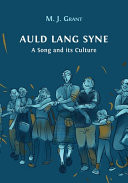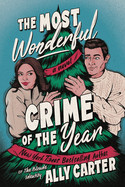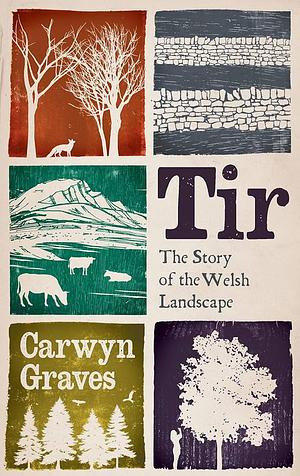This was a slow read but pretty enjoyable. It's definitely a little idealistic, but I don't say that as a bad thing, and the basic premise is that there are indigenous traditions of land management and agriculture in Wales that can contribute to biodiversity, carbon sequestration, water management, etc. It's less about language than I'd been led to expect, but it does discuss Welsh a fair bit too.


















